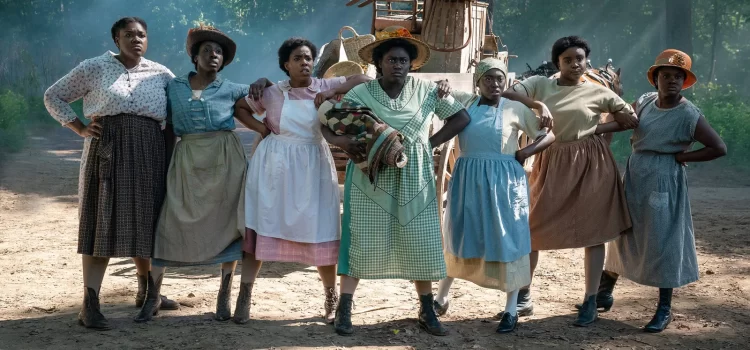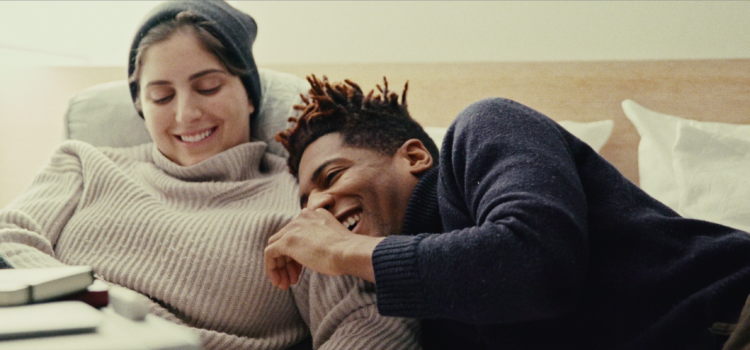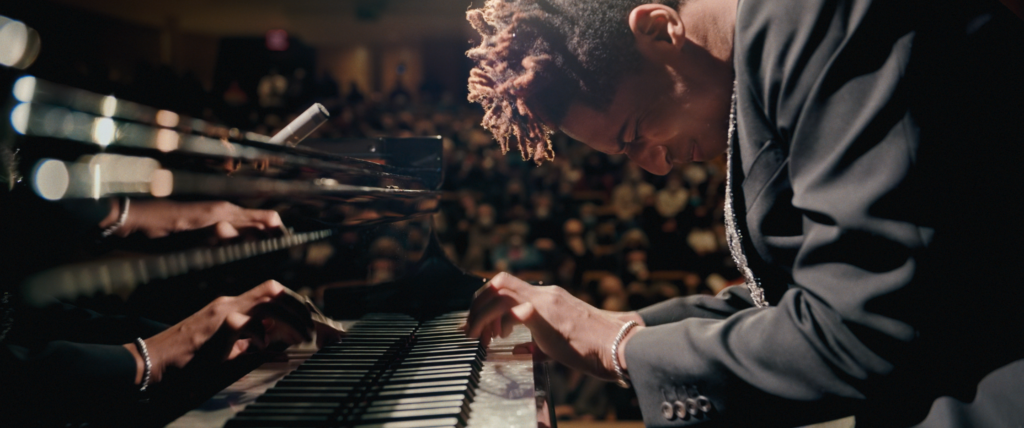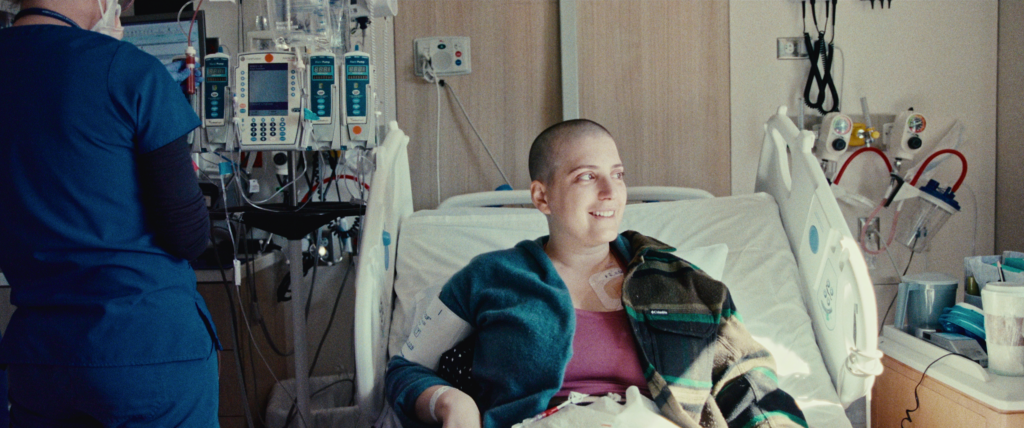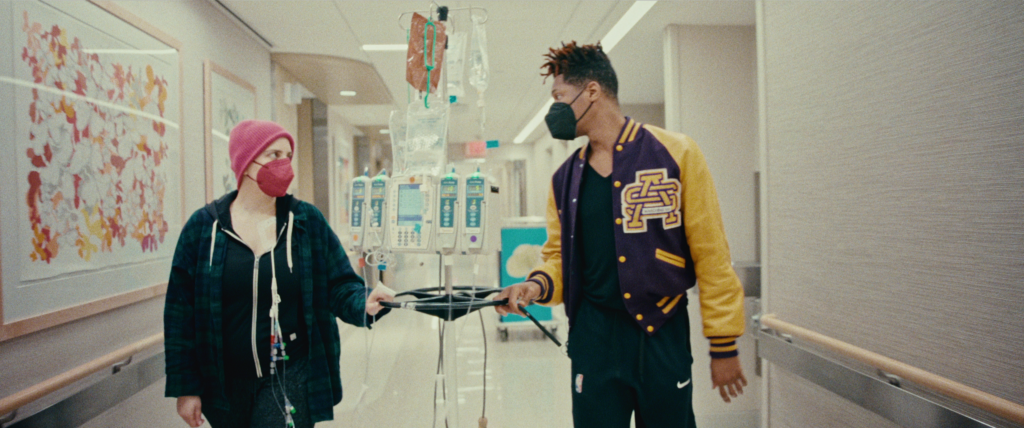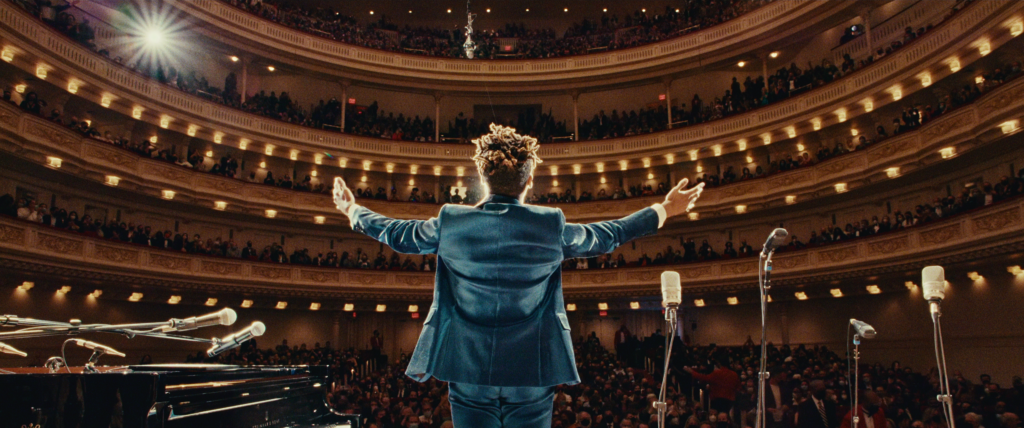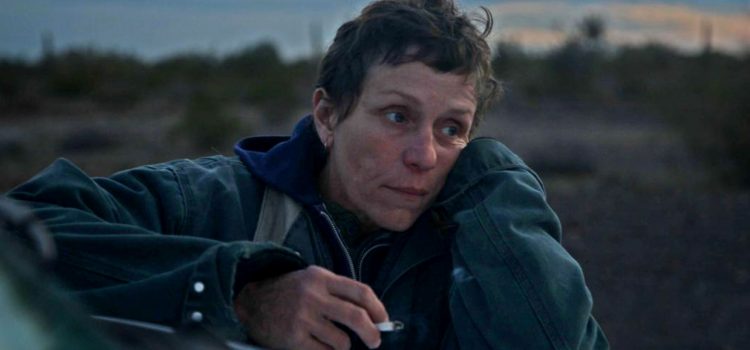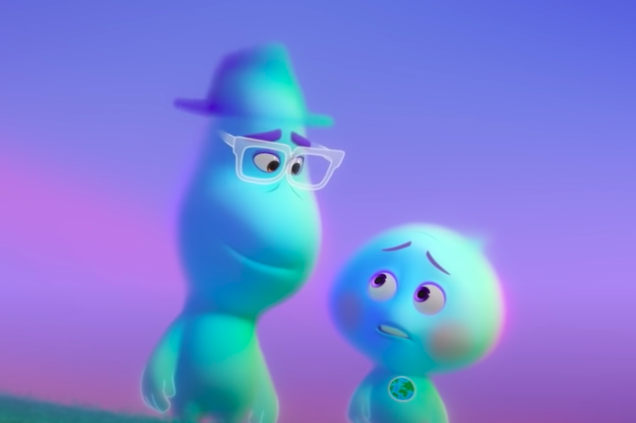By Lynn Venhaus
A strong sense of community, sisterhood and triumph over adversity runs through the big, splashy movie musical adaptation of “The Color Purple.”
What an inspiration Alice Walker’s Pulitzer Prize winning 1982 novel was 41 years ago, and its historic significance has not diminished. It told Celie’s powerful story through letters to her sister and children, which isn’t the easiest type of source material to adapt for film, nor are the horrors that she has endured. But a different presentation is a new way to see how one woman’s journey to self-realization resonates.
A determined Celie Harris (Fantasia Barrino) faces many hardships in life, but through the years, finds extraordinary strength and hope, and learns self-acceptance.
Purple symbolizes strength, transformation, power, wisdom, bravery, and all meanings can be applied in this version.
Celie’s tough path started in 1909 in rural Georgia. She’s a poor, black 14-year-old girl who has delivered two babies, impregnated by the man she thinks is her father. They are taken away from her.
Against her will, she has been given to a widower Albert “Mister” Johnson, who emotionally and physically abuses her. She must serve him and his unruly children. As the heartless husband perpetuating a long cycle of suffering, Colman Domingo doesn’t soften the villainous aspects. However, after he is cursed, you do see a gradual change.
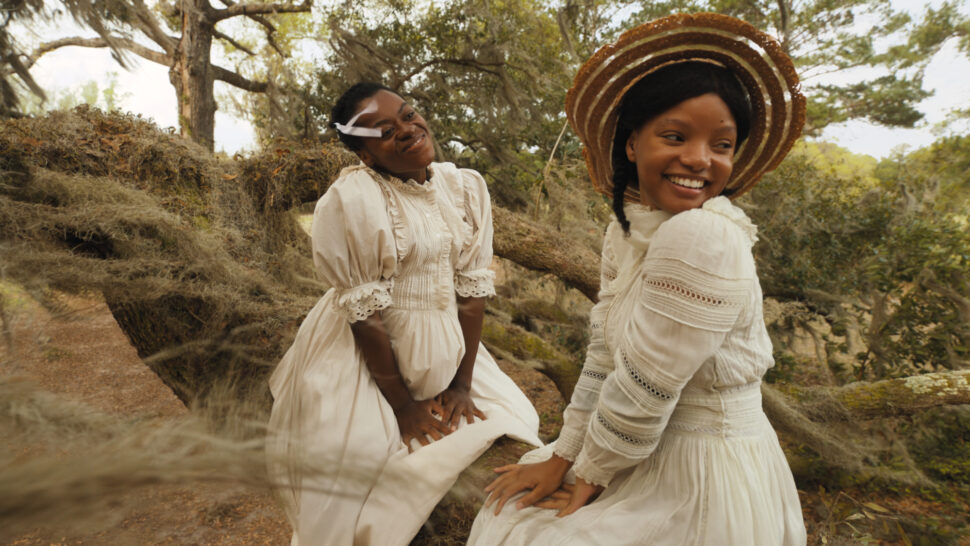
Celie’s endurance through deep-rooted cruelty and oppression is heart-tugging, and Barrino depicts her sorrows, love and indomitable spirit with courage and grace.
Fantasia, an American Idol winner who performed the role for eight months on Broadway, portrays Celie’s faith as unwavering through tough times, and how she relied on her beloved sister Nettie (Halle Bailey) and her church to raise her up. Her kindness will eventually lead to good things.
Things change, through the people she meets, but she also changes people. The nurturing Celie meets the glamorous and sophisticated nightclub chanteuse Shug Avery, and they have a deep bond even though the singer has an ongoing affair with Mister and a marriage to Grady (Jon Batiste). Taraji P. Henson is a flamboyant and fiery Shug, and sashays admirably through “Push the Button,” In a role added for the movie, David Alan Grier plays her father, Rev. Avery.
One of Mister’s grown children, Harpo (Corey Hawkins) , marries Sofia, and Danielle Brooks is marvelous as the strong-willed free spirit, known for her independence and speaking her mind, with her phrase: “Hell, no!” even a song title that’s a showstopper. She cannot be ‘tamed,’ and her outspokenness will bring her harm. Brooks reprises her Broadway role and is the dynamo here.
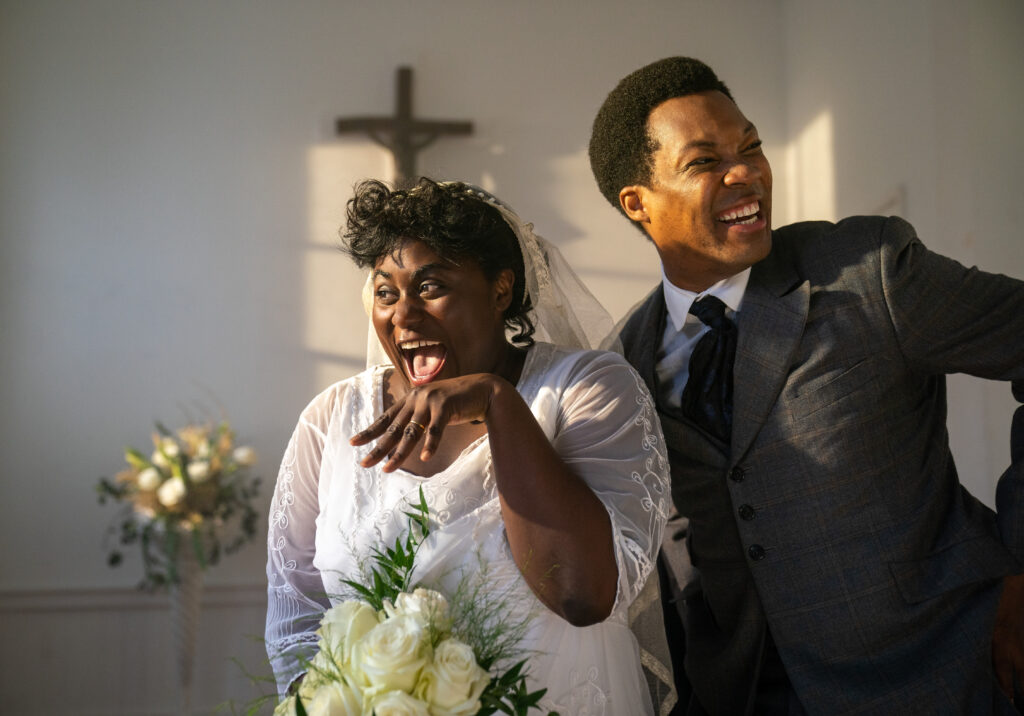
As the story has evolved from book to movie to musical to movie musical, the familiar main points haven’t changed, although how much time is devoted to turning points has varied.
For whatever reason a movie that had been smoothly running along feels rushed and haphazard in its last act, because of choppy storytelling and erratic pacing. But overall, director Blitz Bazawule makes the theatrical elements of a stage play cinematic.
Dan Lausten’s cinematography, Paul Denham Austerberry’s production design and Francine Jamison-Tanchuck’s costumes — 40 years of style — are vibrant components of the ultimately uplifting and very spiritual essence of this work.
The dynamic ensemble deeply feels their experiences, but the film finds its emotional center in the musical numbers. The score is an appealing mix of gospel, jazz, ragtime, blues, and African beats, with the Broadway songs by Brenda Russell, the late Allee Willis, and Stephen Bray that bring out the purpose, yearnings and period of these early 20th century lives. Sixteen songs are from the stage musical and there are several new ones: “Keep It Movin'” (written by Halle Bailey) and “Superpower.”
Mega-talented Kris Bowers composed the film’s score, and Fatima Robinson’s choreography is joyous.
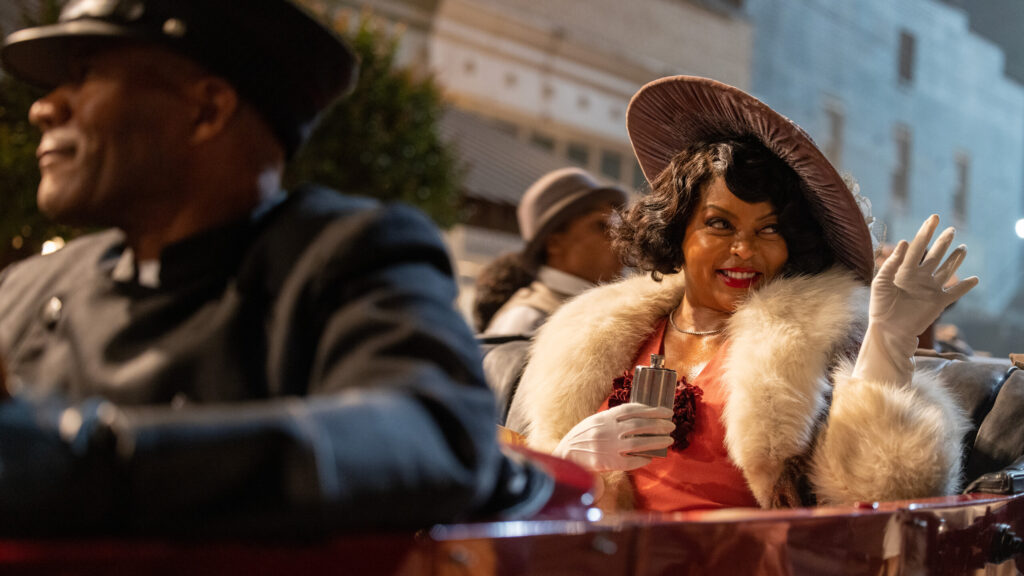
Steven Spielberg directed the first adaptation – a moving 1985 film, which famously was nominated for 11 Oscars, but didn’t win any. Spielberg is among the producers of this version, so is Quincy Jones, who scored the original, and so is Oprah Winfrey, who was Oscar-nominated as Sofia.
Jones and Winfrey helped launch the 2005 musical on Broadway, which was revived in 2015, and this is a combination of the two. While this version, adapted by Marcus Gardley from Marsha Norman’s book, doesn’t shy away from Celie’s harsh life, its sisterhood focus sweetens the story.
Over the course of several decades, what the women learn, how they grow and overcome obstacles will tug at our hearts, so that the mercy shown in the second act leads to triumph– and somewhat of a redemption for Mister.
The heart and soul of any version is Celie, and it’s no fluke that both actresses who played Celie on Broadway — LaChanze in the original 2005 production and Cynthia Erivo in the 2015 revival — won Tony Awards (Director John Doyle’s re-imagining also won the Tony Award for Best Revival). When Fantasia sings the powerhouse “I’m Here,” she puts an exclamation point on a sensational debut.
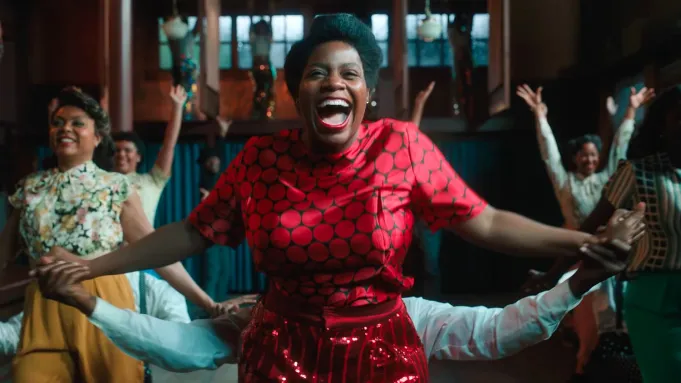
Yes, it’s gut-wrenching, but it’s also about healing, resilience, and the mighty power of love. Throughout our history, we have learned that we should never forget what’s happened before, those teachable moments that make us better people.
The ensemble is top-tier in every way. Singers Ciara and H.E.R. are elder Nettie and Squeak respectively, and Louis Gossett Jr. has a memorable turn as Ol’ Mister. Even the brief parts contribute a sense of faith, hope and charity that church communities share.
If you believe, as I do, that if you spread light and love in the world, and are a good person, then the universe responds in kind. That is ultimately why Celie’s story is relatable. She never gave up her belief in goodness, and finally realized her worth as a human being.
While musicals are a hard sell as movies these days, “The Color Purple” has enduring appeal for what it says and what it means. The cast makes this version shine, for they bring emotional truth to each role.
“The Color Purple” is a 2023 musical directed by Blitz Bazawule and starring Fantasia Barrino, Colman Domingo, Danielle Brooks, Corey Hawkins, Taraji P. Henson, Halle Bailey, Ciara, Jon Batiste, Gabriella Wilson (H.E.R.), Louis Gossett Jr., David Alan Grier. It is rated PG-13 for mature thematic content, sexual content, violence and language, and runs 2 hours, 20 minutes. It opens in theaters Dec. 25. Lynn’s grade: B+
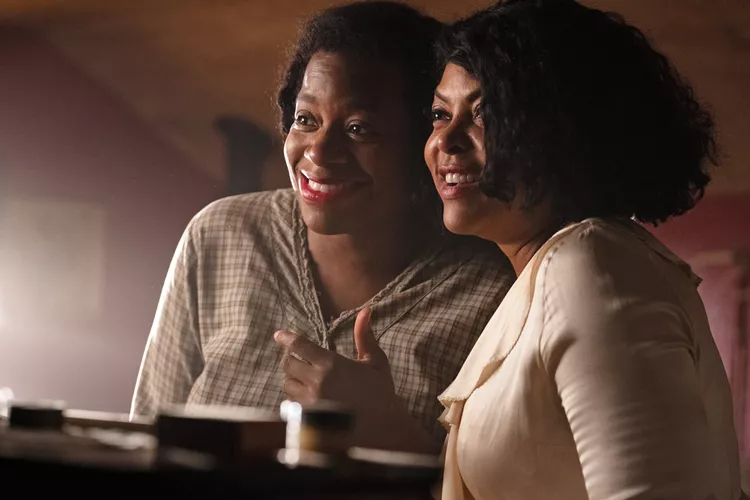

Lynn (Zipfel) Venhaus has had a continuous byline in St. Louis metro region publications since 1978. She writes features and news for Belleville News-Democrat and contributes to St. Louis magazine and other publications.
She is a Rotten Tomatoes-approved film critic, currently reviews films for Webster-Kirkwood Times and KTRS Radio, covers entertainment for PopLifeSTL.com and co-hosts podcast PopLifeSTL.com…Presents.
She is a member of Critics Choice Association, where she serves on the women’s and marketing committees; Alliance of Women Film Journalists; and on the board of the St. Louis Film Critics Association. She is a founding and board member of the St. Louis Theater Circle.
She is retired from teaching journalism/media as an adjunct college instructor.

